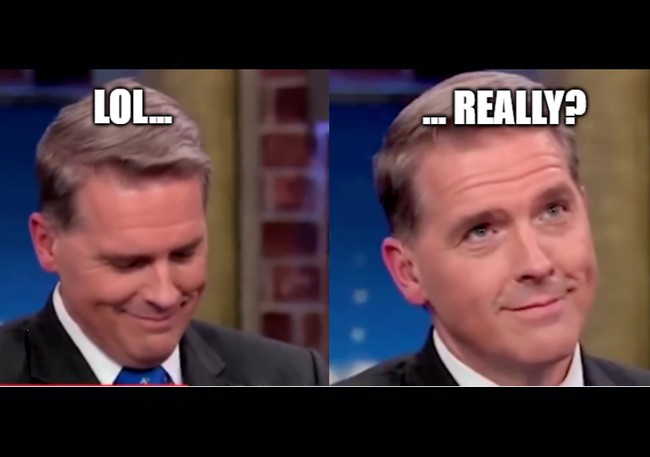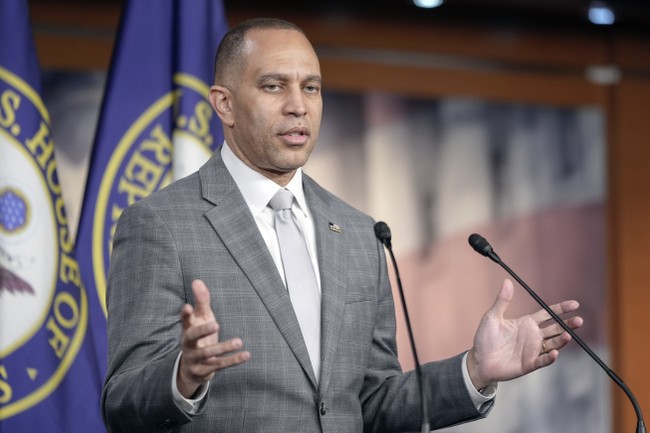ARTICLE AD BOX
LONDON — For someone who reckons they are “not a betting person,” Rishi Sunak has just taken a massive gamble.
Sunak shocked Britain on Wednesday by calling a general election for July 4, despite his Conservative Party trailing the opposition Labour Party by 20+ points in most polls.
Most Westminster observers expected Sunak to wait until October or November to call an election to give his party more time to mount a comeback.
This would have potentially allowed economic conditions to further improve and for 20-year-high interest rates to fall. More simply it would have given him time for something, anything, to come to his rescue.
He has instead used the element of surprise to try and wrongfoot Labour a week after the opposition party told its staff they could take holidays in July as a summer election looked unlikely. This will be the U.K.’s first July vote since 1945, immediately after the Second World War. Labour won a landslide in that one against the incumbent Winston Churchill.
More crucially, Sunak’s decision comes from a realization he is unlikely to get a better time to sell a string of recent policy announcements and political wins to the public.
The prime minister now hopes he can outgun Labour leader Keir Starmer in a six-week campaign and pull off what he recently told party activists would be “the greatest comeback in political history.”
Same old, same old
Sunak has made it clear he wants to put his record on the economy, national security and the borders at the forefront of the campaign — all areas of traditional strength for the Conservative Party.
A Downing Street aide, granted anonymity to speak freely, warned “it’s going to be a very boring election” and that “we’re going to meet them on the same old areas.”
They added that the campaign will all be wrapped up in a broad theme of security — economic, national and border security — which has also been a crucial theme for Starmer and Labour over the past year.
Labour’s Shadow Chancellor Rachel Reeves has called her economic plan “securenomics” and Starmer used much of his 2023 party conference speech to talk about changing the current “age of insecurity.”
“It’s because they’re hearing the same things in focus groups that we are,” the Downing Street aide said.
 Every piece of Westminster polling points to a complete electoral wipeout for the Conservatives after 14 years in power. | Dan Kitwood/Getty Images
Every piece of Westminster polling points to a complete electoral wipeout for the Conservatives after 14 years in power. | Dan Kitwood/Getty Images“But it’s more comfortable territory for us and we’re happy to fight them on that basis.”
However, the July timing is a gamble for a leader who is more well-known for being a punctilious technocrat than a risk-taker.
Every piece of Westminster polling points to a complete electoral wipeout for the Conservatives after 14 years in power.
POLITICO’s poll of polls shows Labour’s lead over the Tories is at 21 points and that it has never fallen below 16 points in the past 12 months.
The question of “why now” loomed large for some exasperated Tory MPs on Wednesday night as they worried about their political careers.
They pointed out that an election closer to the end of the year would have at least given the party more time to develop their election message and close the polling gap.
“November would have made more sense,” one Tory MP said.
Sunak, for his part, will be hoping the public start listening to his messages now that Westminster is officially on election footing, after months of political shadow boxing.
Nothing the government does changes the polls very much and the Tories will try to jolt voters into making a decision between the status quo and a Labour Party that Sunak will paint as a risk to economic prosperity and national security.
The Conservatives will have several pieces of very recent policy or political victories to draw on during the campaign that they fear would be stale by the end of the year.
British inflation on Wednesday dropped to 2.3 percent — just above the Bank of England’s 2 percent target and at a level Sunak describes as “normal” — which will slow the increase of the burden on households.
The PM also announced a massive increase in defense spending in April, which Labour hasn’t pledged to match, and the government is hoping to send its first plane of migrants to Rwanda in early July as a part of its plan to stop small boat crossings.
This would provide striking visuals during the election campaign and allow the Conservatives to offer the public a choice at this election between scrapping or keeping the Rwanda flights — without the chance to wait and see if the policy actually deters migrants.
“It’s best to get on with it,” a senior Tory MP said. “I don’t think Labour is that good, let’s get on with exposing them.”
‘Reverse Theresa May’
However, the weight of history is firmly against the prime minister.
Polling experts say British political history suggests campaigns do not greatly alter the outcomes of elections.
Tom Lubbock, co-founder of polling firm JL Partners and ex-analytics chief for the Tories, said “the academic research says campaigns tend not to matter” and that it was “quite rare” that they actually changed anything.
One major exception is the 2017 campaign, which saw the Conservatives squander a massive polling lead under Theresa May in an election which ended with a hung parliament.
Lubbock said Sunak can hold on to some hope of doing “a reverse Theresa May” because “the electorate has become more volatile.”
“The British also love a battler, they love an underdog,” he said.
Unfortunately for the Tories, all current evidence also points to a clear fatigue with the Conservatives after 14 years in power and five different prime ministers.
Labour’s simple message, “it’s time for change,” which is already being distributed on its leaflets, may be an impossible one to counter — whether people voted in July or November.
.png)
 9 months ago
5
9 months ago
5








 English (US)
English (US)